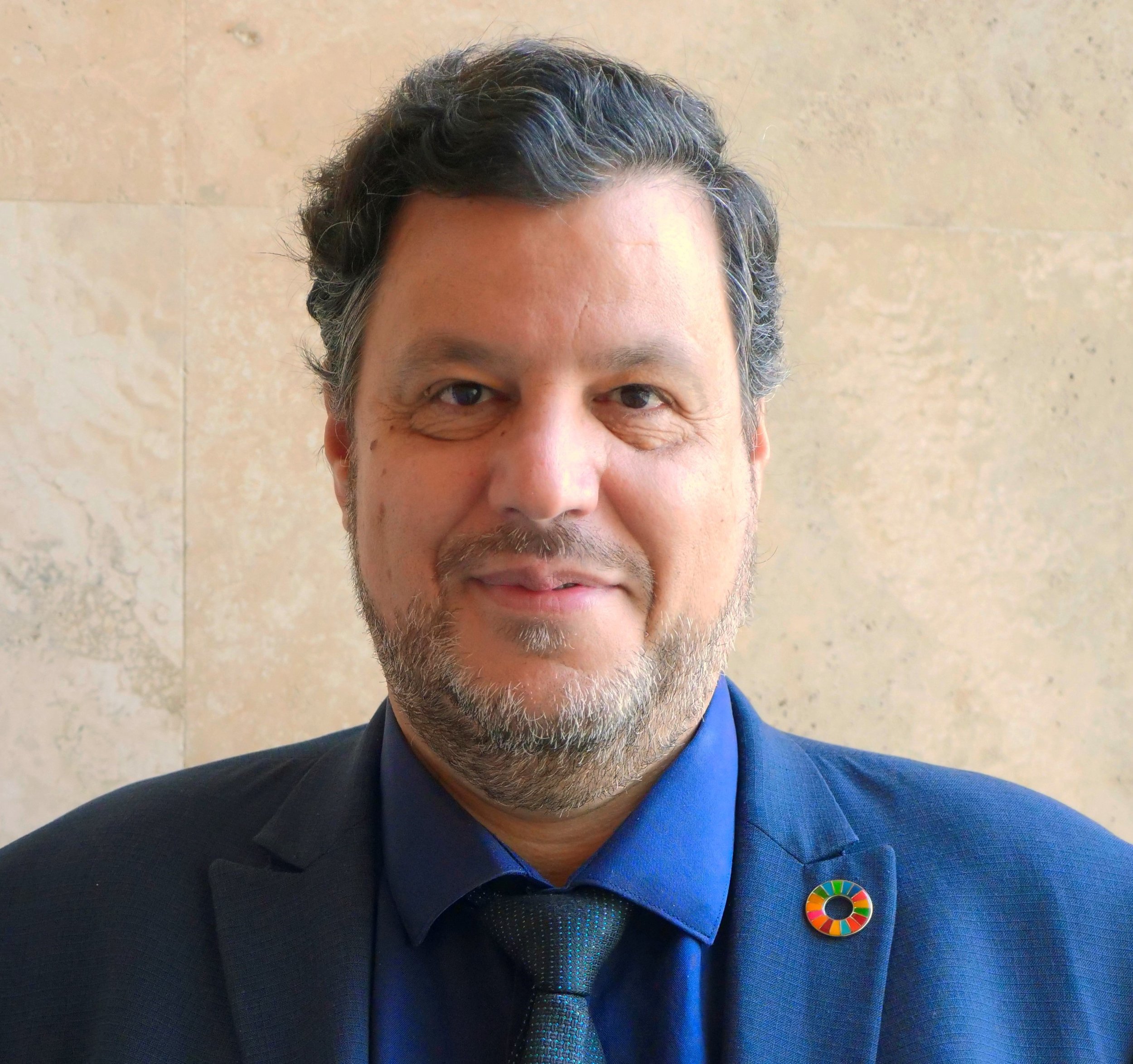Thanos Giannakopoulos
Chief, Information Management Section
Department of Global Communications
United Nations
Disclaimer: The views expressed in this article are the personal views of the author, and do not necessarily reflect the views of the United Nations.
On 25 August 2022, the White House Office of Science and Technology Policy (OSTP) published a policy guidance to US federal agencies with research and development expenditures on updating their public access policies to ensure free, immediate, and equitable access to federally funded research by December 2025. A long overdue and much awaited response to boost the road to open access for research funded by taxpayers.
The policy clearly and extensively highlights the importance of public access to research “with specific focus on access to scholarly publications and digital data resulting from such research”. The public benefit repositories that are highlighted in the policy – serving as curation mechanisms for research results – can prove essential for libraries. They can also create and enhance synergies across research funding institutions or agencies.
The recurring references to “equity of access” throughout the policy are particularly welcome given the lessons learned from the amount of inequality and exclusion from authoring and accessing scientific literature that the Article Processing Charge system has caused to low-income, middle-income and poverty pockets or minority communities in high-income countries. The policy outlines the option for scholars to immediately self-archive pre-prints (accepted but unformatted papers) in public access, digital repositories; and it thereby stops the publishers’ practice of imposing an embargo and swiftly positioning latest research and data behind “paywalls”.
The policy goes even further to announce the National Science and Technology Council Subcommittee on Open Science will “consider measures to reduce inequities in publishing of, and access to, federally funded research and data, especially among individuals from underserved backgrounds and those who are early in their careers.” This is a massive act of inclusion not framed as a direct recommendation, but still creating potential for substantive interventions on permanent access to a wealth of publicly funded content. One should not underestimate the power of the symbolic here and the signal to spark a reflection on the “global north” culture of colonization of knowledge and research.
The policy shows some lack of clarity when it states that “federal agencies should allow researchers to include reasonable publication costs and costs associated with submission, curation, management of data, and special handling instructions as allowable expenses in all research budgets.” Continuing to fund the existing, outdated scientific and scholarly publishing model, and its intertwined academic rewards system, is characteristic of science seen as intellectual property, a market-based vehicle to bring – often extravagant – profits to certain actors, particularly corporate publishing. The current journal publishing model creates and reinforces hierarchies and economic, language, and cultural barriers.
The world needs science as public good, a Commons, where information is disseminated rapidly without restrictions to address global emergencies like pandemics and climate change. COVID-19 is a perfect example of how market rules get in the way of scientific knowledge, precisely because so many of the rules had to be transgressed to swiftly produce vaccinations and scientific knowledge needed to fight the pandemic. There was no place for the market-based rules and priorities of traditional publishing when there was a world to save. Climate change is no lesser a threat for humanity, and the record of science is not yet open to researchers and the public as it ought to be. In this era of new digital and data infrastructures, scientific and scholarly publishing remains more aligned with the Gutenbergian model of the scholarly communication cycle rather than with the new, liquid frontier of digital sciences. It was time for the nation that is perhaps the world’s largest research-funder to release an updated, decisive directive announcing a brave leap forward.
Potential shortcomings of the policy notwithstanding, the newly released guidance from the OSTP is a critical contribution to the struggle to democratize the record of science. Open science continues to gather momentum on a global scale.
Perhaps now is the time to start talking again about Global Science. Perhaps now is the time to start talking again about a Global Science Commons for the Sustainable Development Goals (SDGs). An infrastructure in service of the SDGs, and particularly climate action, supporting and promoting the global normalization of opening scientific outputs and processes, and the re-evaluation of research assessments and the academic rewards culture. An infrastructure ensuring that context-specific science – including data – is supported and recognized across groups and regions, bearing the understanding that scientists in many developing regions and from indigenous and minority groups face barriers to both publishing and accessing research.
A Global Science Commons for the SDGs could instigate a systemic change in knowledge production which, through its current distorted nature of research excellence, creates enhanced gender asymmetries. A Commons that adopted lessons learned from national and regional open science initiative implementations, could design, and establish, better channels for research uptake by policy, and vice versa. A Commons that could secure a system-wide shift to bibliodiversity, inclusiveness, multilingualism, and diversity in the research agenda(s), nurturing partnerships in pursuing a science that is of social relevance, for all, and available to all who have an internet connection.
Biography
Thanos Giannakopoulos is the Principal Librarian of the United Nations Dag Hammarskjöld Library, at the UN Headquarters in New York. He envisions the UN Library as a global open knowledge community and under his leadership several knowledge products have been developed, including the recent release of the United Nations Digital Library and several communication, outreach and training strategies.


